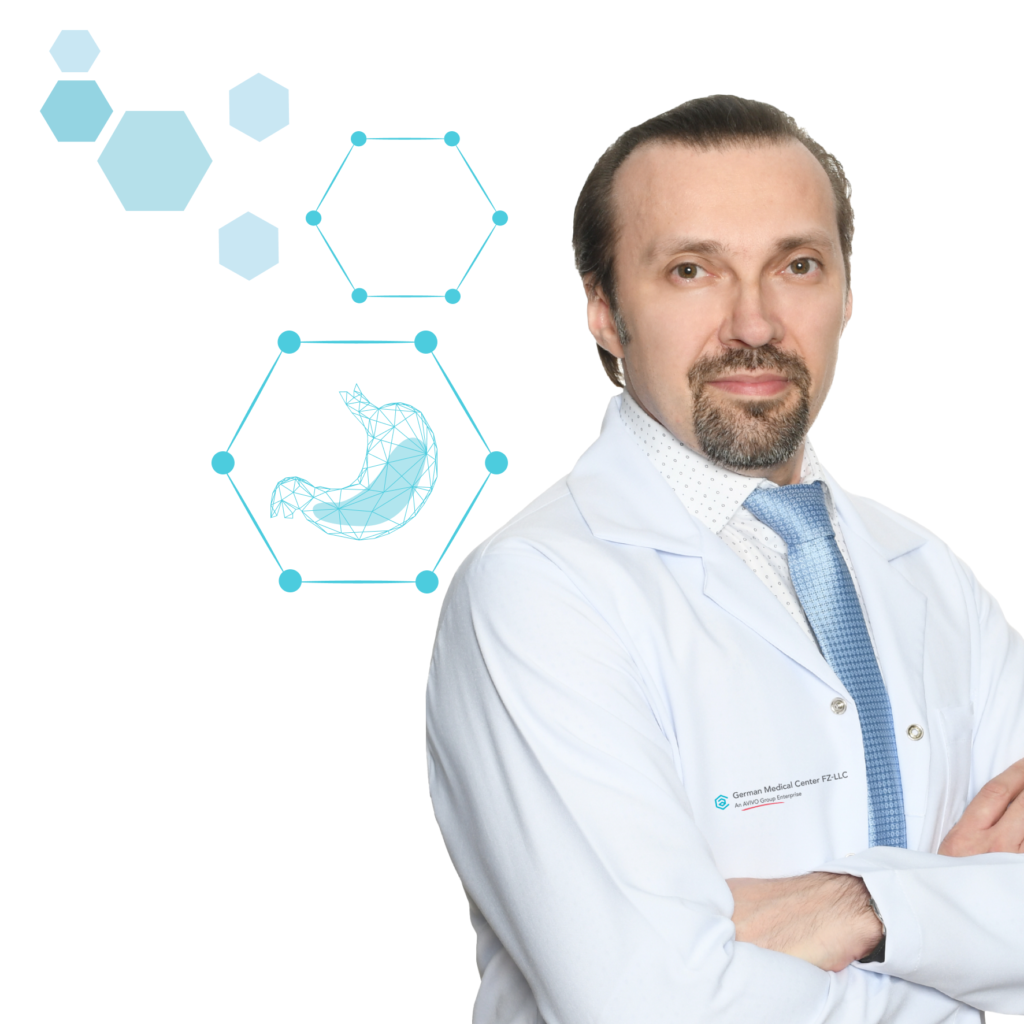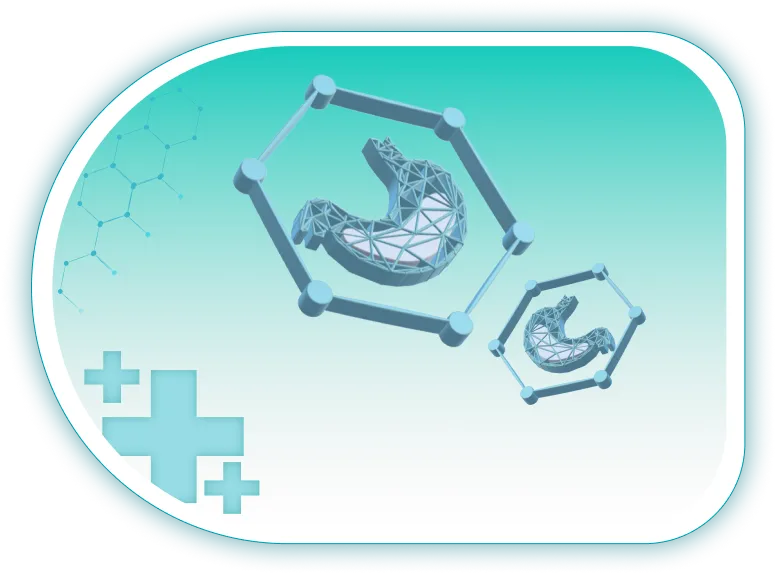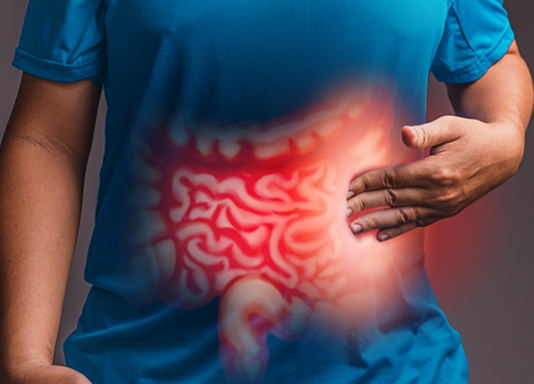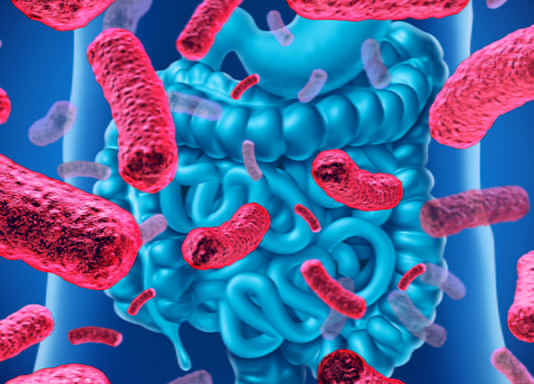
Dr. Sebastian Cuzincu
Gastroenterology and Internal Medicine
Colorectal cancer (CRC) is a type of cancer that affects the colon or rectum. It can develop from small growths called polyps in

Colorectal Cancer Treatment: What You Need to Know
Colorectal cancer (CRC) is a type of cancer that affects the colon or rectum. It can develop from small growths called polyps in the lining of the colon or rectum, which can turn cancerous over time. If left untreated, CRC can spread to other parts of the body and become life-threatening. In this article, we’ll explore the different treatment options available for CRC.
Colorectal Cancer Staging
Before deciding on a treatment plan, it’s important to determine the stage of the cancer. The stage of CRC is determined by how far the cancer has spread in the body. The stages are as follows:
Stage 0: The cancer is only in the innermost lining of the colon or rectum.
Stage I: The cancer has grown into the inner layer of the colon or rectum.
Stage II: The cancer has grown into or through the outermost layer of the colon or rectum.
Stage III: The cancer has spread to nearby lymph nodes.
Stage IV: The cancer has spread to other parts of the body, such as the liver or lungs.
If you or a loved one has been diagnosed with colorectal cancer, it’s important to seek treatment as soon as possible. German Medical Center offers comprehensive treatment for colorectal cancer, including surgery, chemotherapy, radiation therapy, and targeted therapy. Contact us today to schedule a consultation with one of our experienced oncologists. Don’t wait – early detection and treatment can save lives.
Our team of experts are passionate about providing only the best quality care and treatment to their patients.

Gastroenterology and Internal Medicine
Crohn's disease is a chronic inflammatory bowel disease that can cause a wide range of symptoms that can vary in severity and...
Diverticulitis is caused by the formation of small, bulging pouches (diverticula) in the lining of the colon....
Appendicitis is a medical condition where the appendix, a small finger-shaped organ attached to the large intestine, becomes...
food poisoning can be a distressing condition that can leave you feeling miserable for days....
Cirrhosis is a chronic liver disease that occurs when healthy liver tissue is replaced by scar tissue, leading to decreased liver...
If you or a loved one has been diagnosed with achalasia, it's important to know that there are effective treatment options...
The first step in treating diarrhea is to identify the underlying cause...
f you are experiencing constipation, it is important to seek medical treatment for constipation from a qualified healthcare...





Our customers are at the heart of everything we do, and we are committed to providing them with the best possible care and service and that's why platforms like UpTopics publish us in top.


(4.5)
Based on 174 Google Reviews

Partner with:
Partner with:


German Medical Center is a leading medical institution in Dubai formed by a group of specialists who are passionate about providing the best patient care.
Fill out our easy online form to book an appointment with German Medical Center. Our team of experts is dedicated to providing you with personalized care and guidance every step of the way. Don't wait, take charge of your well-being and schedule your appointment now!